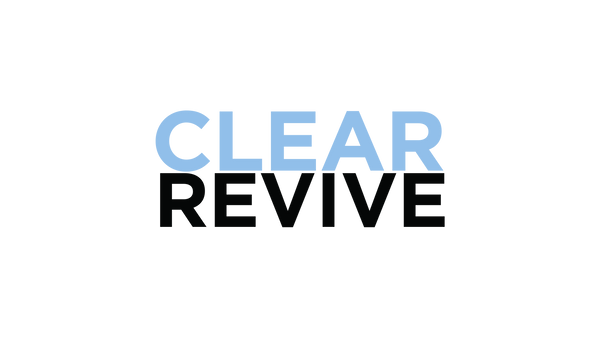There is no denying that the COVID-19 virus more commonly known as the Coronavirus has reached global epidemic status as it continues to spread outside of China all the way to the United States. Every day, there are additional reports of infections and mortalities linked to this virus and although so far there are very few reported cases of the virus in the United States, the risks remain high as more and more people are diagnosed daily around the globe.
There is currently no medication identified that can successfully treat the coronavirus and in some instances, it can be deadly especially for anyone with a weak or undeveloped immune system like children, the elderly, or anyone with an illness that compromises their immune functions. The coronavirus mortality rate is currently at about 2-3%. It can be alarming and stressful to hear of the deadly virus spreading to the United States but there are active steps you can take to protect yourself and your family from the illness and its serious complications.
In order to best protect yourself from exposure to the virus, it is important to know how the virus spreads. Here are the main channels of transmission according to the Center for Disease Control (CDC):
- The main way the virus spreads is person-to-person through close contact and water droplets of the cough and sneeze of an infected person which can then be inhaled into the lungs or swallowed by mouth.
- It is also possible to catch the virus by touching objects and surfaces that have been contaminated by the virus and then touching the mouth, nose, or eyes.
Here are 6 simple tips that will drastically improve your chances of protecting yourself and others from the coronavirus:

Wash Your Hands
It might sound like a no-brainer but the #1 way you can help protect yourself and others from the coronavirus is to wash your hards with warm water and soap regularly especially before eating or touching your face and after being in public places and touching public surfaces. If hand washing is not available to you, use an alcohol-based hand sanitizer instead. We recommend always carrying one with you.

Avoid Touching Your Face
Our hands touch many surfaces and collect quite a bit of bacteria and potential pathogens which then can easily enter the body through the eyes, mouth, and nose in contact with the face. Always wash your hands first before touching your face since the coronavirus can also spread through contaminated surfaces like subway railings, doorknobs, etc.

Cover Your Mouth When Sneezing/Coughing
One of the main forms of catching the coronavirus is through the particle deposits of the cough/sneeze of an infected person. It is important to cover your mouth and nose when sneezing/coughing. We recommend using tissue and immediately discarded after use. Alternatively, it is always a good idea to sneeze into your elbow to prevent spreading viruses and bacteria regardless of the coronavirus threat.

Disinfect Surfaces
It is possible to contract the coronavirus by touching surfaces that have been contaminated and then touching the face. We recommend using alcohol-based sanitary wipes to disinfect surfaces you touch often like doorknobs, computer keyboards, and phones. It is especially important to wipe down all surfaces near your seat when traveling on planes or buses. Check out our comprehensive list of tips on how to avoid getting sick on long flights for more suggestions for travelers.

Avoid Public Places If Sick
As the threat of the coronavirus spreads, limiting your time in public places is generally good advice regardless of whether you are sick or not but it is especially imperative if you are feeling under the weather. When you are sick your immune system is overworked and compromised making it more susceptible to disease-causing pathogens like the CORVID-19. In fact, most of the coronavirus mortalities occur in individuals with a compromised immune system.

Keep Sinuses Moist
Keeping your sinuses moist is important for your health. The mucus lining of the nostrils plays an important role in immune system functions and is often the first line of defense against airborne viruses. Cold air, dry air, and allergens can cause this mucus lining to dry exposing your nasal passages to the threat of pathogens. We recommend using a humidifier, neti pot, or saline nasal spray to keep the nostrils properly moisturized. Keeping your sinuses moist won’t treat or prevent the coronavirus but it nevertheless provides an added line of defense against the transmission of the virus through the nose.
Conclusion
The coronavirus is spreading globally, there are currently no medications available to cure or treat the illness. The virus can be deadly for those with a weak immune system. The best preventative measures are focused on limiting exposure and spreading of the virus by practicing good hygiene like regular hand washing, covering the mouth, and disinfecting surfaces.

